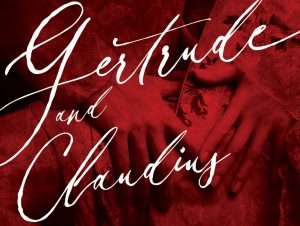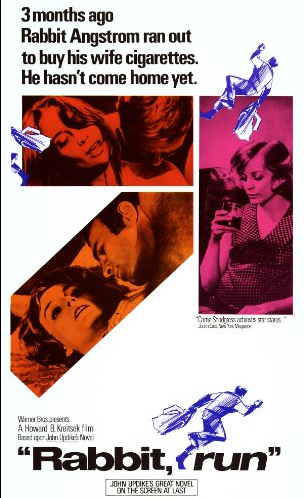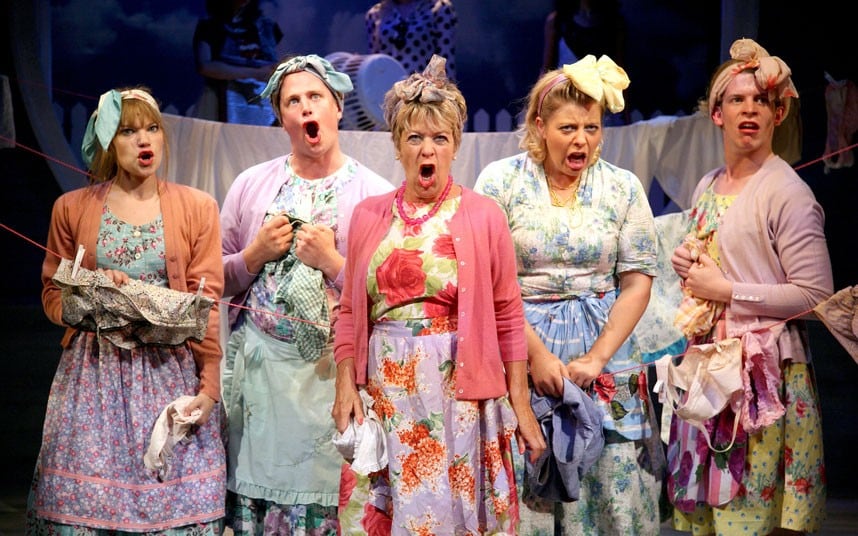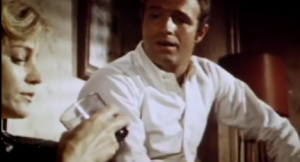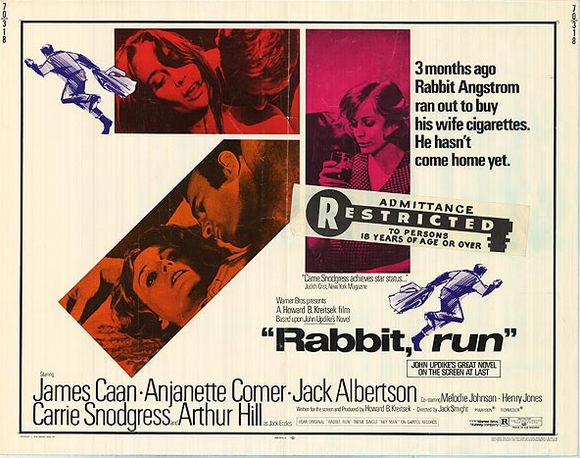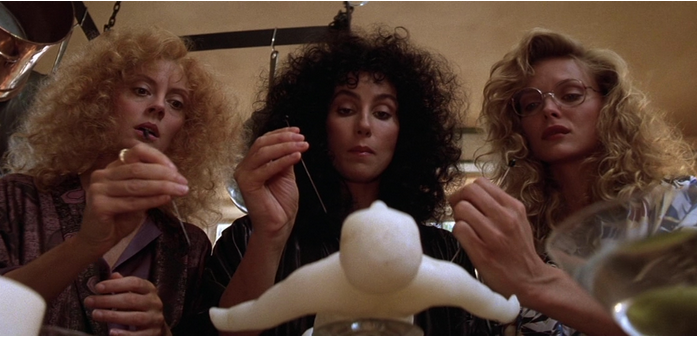 The Hastings Tribune‘s Rich Heldenfels (Tribune News Service, Nebraska) was asked by a reader, “Do you know of any plans to make (remake) a film based on any John Updike novels?”
The Hastings Tribune‘s Rich Heldenfels (Tribune News Service, Nebraska) was asked by a reader, “Do you know of any plans to make (remake) a film based on any John Updike novels?”
Heldenfels replied, “I do not know of any plans. There have been a few adaptations of the works of Updike, one of the most admired American writers. There’s a 1970 movie of his novel Rabbit, Run, with James Caan, TV-movie Too Far to Go (1979) from Updike short stories, movies and TV productions inspired by the novel The Witches of Eastwick and a few shorter productions.
“Shortly after Updike died in 2009 at the age of 76, Scott Timberg pondered Updike’s ‘dozens of novels and several hundred short stories’ for TheWrap.com and saw several reasons why Updike did not make it to the movies much. One was style: ‘His writing is so visual, at the level of image and metaphor, it’s almost redundant to put it into a visual medium.’ In addition, ‘The “American small town, Protestant middle class” as he described his milieu, has not been of very big interest, personally or cinematically, to the Hollywood establishment.’ (The Witches of Eastwick with its supernatural element was thought more accessible for audiences.) Nor has Updike had a film-industry champion eager to put his work onscreen the way some other writers of his era have, Timberg wrote.

